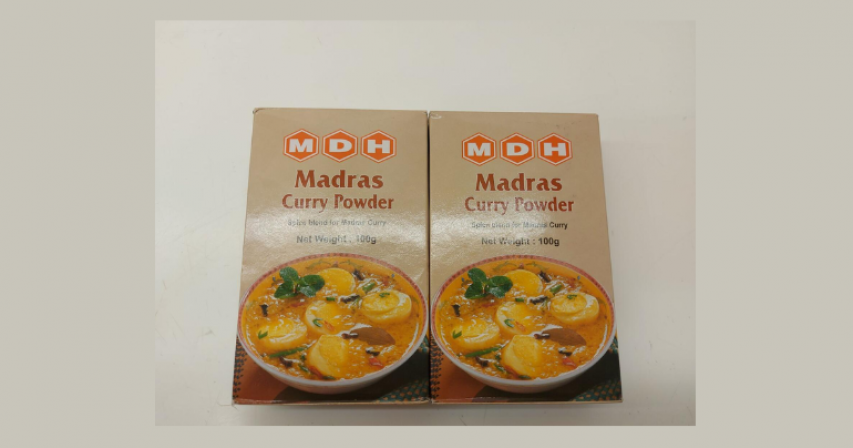Indian brands MDH, Everest spices banned in Hong Kong, Singapore; here's why

The recent ban on certain products from popular Indian spice brands MDH and Everest in Hong Kong and Singapore has sparked concerns over food safety and regulatory compliance. The Centre for Food Safety (CFS) in Hong Kong detected the presence of ethylene oxide, a known carcinogen, in the spice variants, prompting immediate action to safeguard public health.
Ethylene oxide, classified as a cancer-causing substance by the International Agency for Research on Cancer, poses serious health risks when present in food products. The detection of this hazardous chemical in spice powders has led to the prohibition of MDH’s Madras Curry Powder, Sambhar Masala Mixed Masala Powder, and Curry Powder Mixed Masala Powder, as well as Everest’s Fish Curry Masala in both Hong Kong and Singapore.
The ban underscores the critical importance of rigorous food safety standards and regulatory enforcement to protect consumers from potentially harmful substances. The CFS, Hong Kong, conducted regular testing on food samples collected from local stores and promptly took action upon discovering ethylene oxide contamination. The swift response involved directing retailers to remove the affected products from shelves and initiating recalls by distributors and importers.
In Singapore, the Food Agency (SFA) also took proactive measures by recalling the Everest Fish Curry Masala following the detection of ethylene oxide levels exceeding permissible limits. The SFA emphasized the unauthorized use of ethylene oxide in food products, highlighting its role as a pesticide primarily used for fumigating agricultural produce to prevent microbial contamination. The agency urged consumers to refrain from consuming the implicated products and seek medical advice if concerns about their health arise.
The presence of ethylene oxide in spice powders raises questions about the safety and integrity of the food supply chain, from production to consumption. It underscores the need for stringent quality control measures and regular monitoring of pesticide residues in food items. Additionally, it highlights the importance of consumer awareness and education regarding food safety practices, including prudent purchasing decisions and proper handling of food products.
The ban serves as a reminder to food manufacturers and suppliers to adhere strictly to food safety regulations and standards to prevent the distribution of contaminated products. It also underscores the significance of international cooperation and information sharing among food safety authorities to address cross-border food safety issues effectively.
As consumers, it is crucial to stay informed about food safety alerts and recalls issued by regulatory authorities and to exercise caution when purchasing and consuming food products. By prioritizing food safety and advocating for robust regulatory measures, we can contribute to safeguarding public health and promoting trust and confidence in the food supply chain.
By: Sahiba Suri





Comments